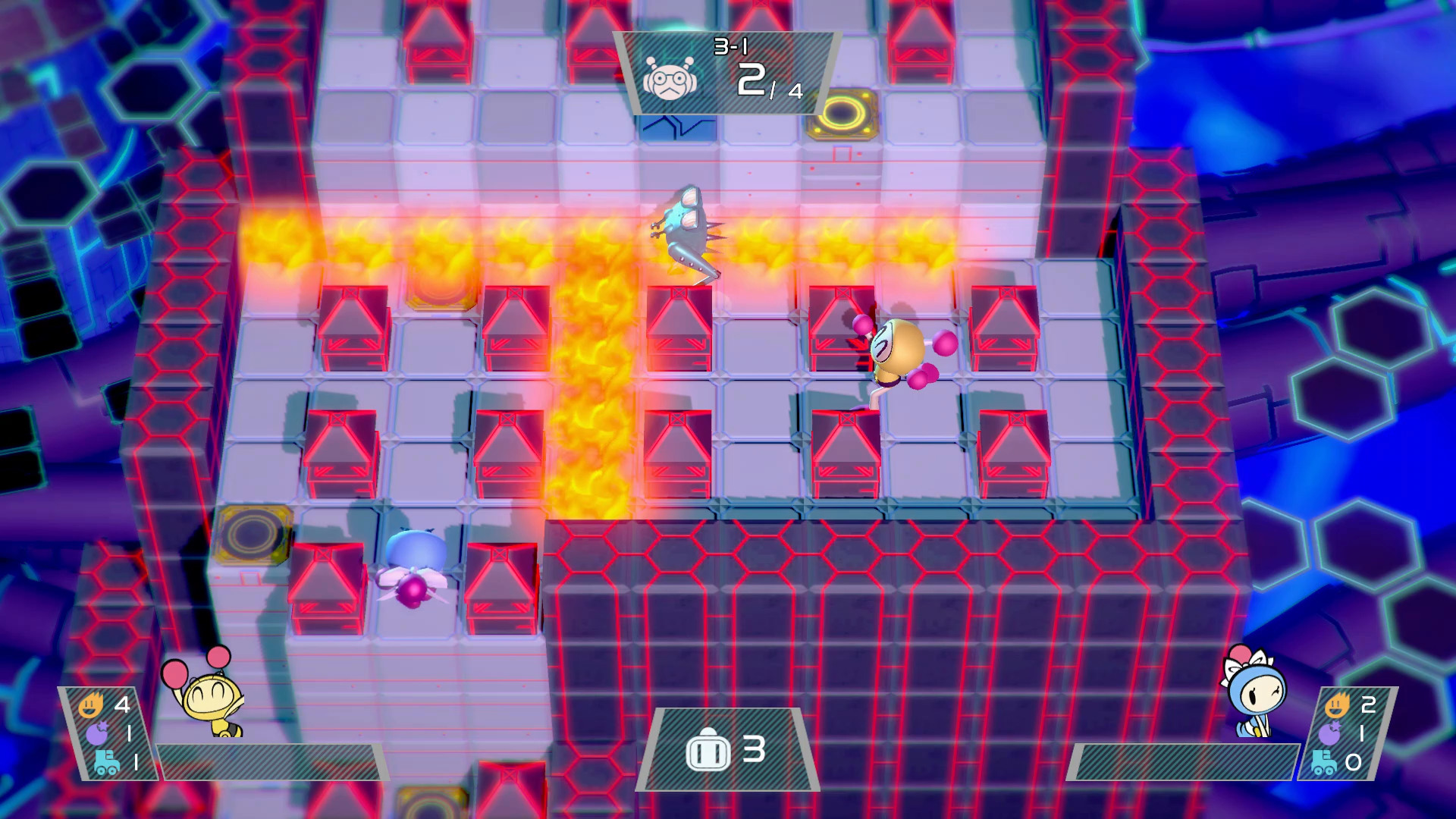
This is a subreddit dedicated to local multiplayer games, which are games that are played on one system among multiple players, either single or split screen. Here you will find discussion of new and upcoming local multiplayer games, strategy, tournaments, Let's Plays and Let's Players looking for such games. Multiplayer bombing fun – a free LAN game inspired by Bomberman! Robombs Download Requirements Instructions Getting started Credits FAQ.
Network manager In order to build a multiplayer game in Unity we need an object with the Network Manager component. So, create an empty object in the Title Scene and add the Network Manager component to it. You can also add the Network Manager HUD component. This will show a simple HUD in the game that we can use to start multiplayer games. Later on we are going to create our own HUD buttons, but for now the Network Manager HUD will be enough. By now, you can try playing the game and it should show the Network Manager HUD in the title screen.
The next step is making this NetworkManager to create the multiple players in the game. Creating the players The NetworkManager component allows us to define what is the Player prefab in our game. This Player prefab will be created automatically by the manager every time a match starts.
But before setting our Player prefab in the NetworkManager, we need to update some stuff in the Player prefab itself. A prefab can be instantiated by a NetworkManager only if it has a NetworkIdentity component attached to it.
So, let’s add one to our Player prefab. Also, the Player object should be controlled by the local players and not by the server, so we need to check the Local Player Authority box. Now, let’s test our game and see if multiple instances of the Player are being created. But first, I’m going to explain how multiplayer works in Unity. In Unity, there is no dedicated server for the matches. That’s because one of the players in a match acts as the server (besides being a client itself). The player that acts as both server and client is called a host in Unity. Avast internet security final licence avastlic 2038702588.
In order to play a multiplayer match, one of the players must start the match as the host, while the others join the match as clients. All game objects are replicated in all game instances (servers and clients), and all scripts are executed in all instances. However, we can not open two instances of our game in the Unity editor.
So, what we need to do is build an executable of our game and open it separately. You can do that by selecting File -> Build & Run in the editor. Then, we can start the other instance from the Unity editor. Try opening two instances of the game. In one of them click on the LAN Host button of the Network Manager HUD.
In the other one click on the LAN Client button. This should start the game in both instances, with two player objects. However, there are a couple of problems we still need to address: • Both players are being created in the center of the screen. We want them to be created in predefined positions. • If we try moving the player in one client, both players are moved, and the movement is not propagated to the other clients.
• Players should not collide among each others. What we are going to do now is addressing all those issues. Synchronizing player movement Let’s start by making the players to spawn in predefined positions.
We can do that by creating objects with the NetworkStartPosition in the Battle Scene. So, let’s create two of them (we want a battle with two players). Put them in the positions where you want the players to spawn. Now, the Player Spawn Method attribute of the NetworkManager defines how it will choose the positions to spawn the players. There are two policies: • Random: the starting position of each player will be randomly determined based on the available ones. • Round-robin: given an order of the starting positions, the first player will be created in the first position.
Then, the second player will be created in the second one and so on in a circular fashion. In our case, we are going to use the Round-robin policy.

Now, you can try playing the game again, and the players should be created in the desired positions. What we are going to do now is making sure each client can only move its own player, and that the movement is propagated through all clients. We can make sure each client moves its own player by changing the PlayerMovement script. First of all, we are going to do something that will be necessary for every script that will use multiplayer features: we need to use the UnityEngine.Networking namespace and we need to make the script inherits NetworkBehaviour, instead of MonoBehaviour. Then, we are going to change the script so that it looks like below. In the beginning of the FixedUpdate method (which controls the player movement), we are going to add an if clause that checks if this is the local player. This condition will be true for only one of the clients (the one that controls the player) and false for all the other ones.